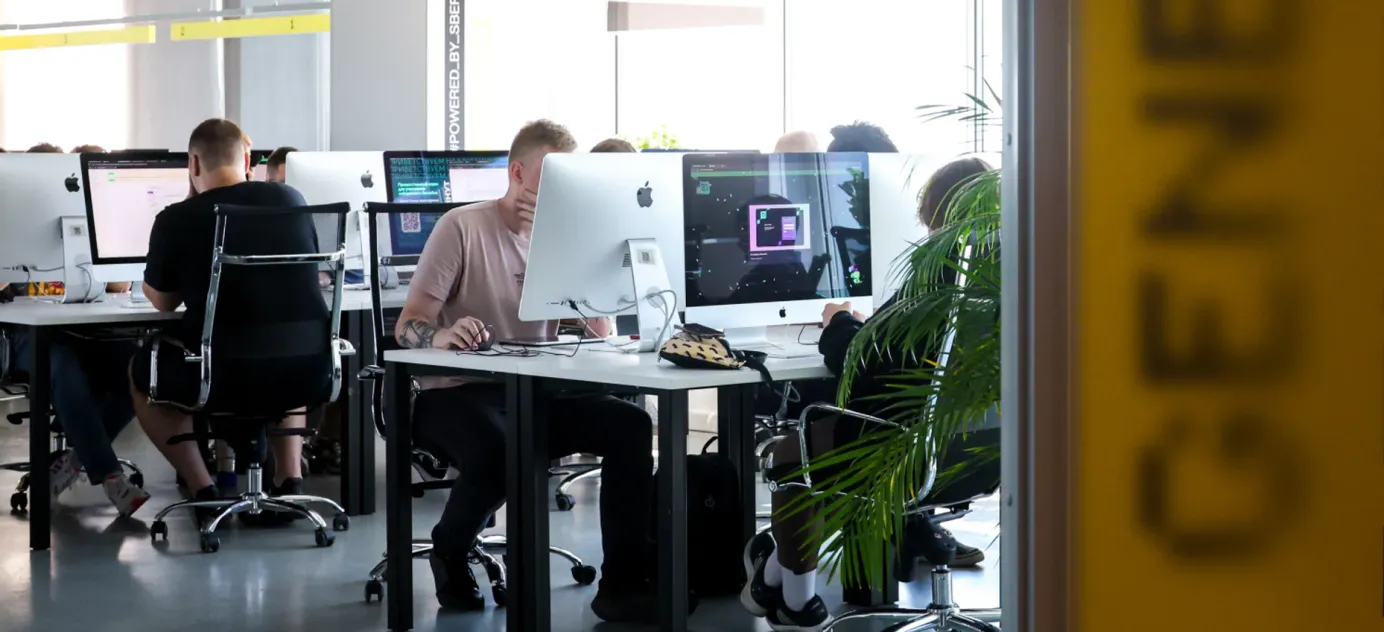
The latest travails of the Alfa Group owners: Detained in France, forgiven in Russia
The co-owners of Alfa Group, one of Russia’s largest business groups, have been held in disgrace in the West since the invasion of Ukraine — a point of view cemented by them being added to, and not removed from, various sanctions lists. Last year, British police searched properties belonging to the group’s two most high-profile shareholders, Pyotr Aven and Mikhail Fridman, in connection with an investigation into evading sanctions, although no charges followed. Last week, a third co-owner, Alexei Kuzmichev, hit the headlines when French authorities searched the secretive billionaire’s home as part of an investigation into money laundering.
- Kuzmichev became acquainted with Fridman when they studied together at the Moscow Institute of Steel and Alloys in the 1980s. After graduating, Kuzmichev, Fridman and other partners set up their first cooperatives (Soviet-era equivalents of private companies) which delivered groceries, cleaned windows and sold computers. In the 1990s, the old classmates established Alfa-Ekho, a Soviet-Swiss company that evolved into the modern-day Alfa Group consortium that owns Alfa Bank and several other leading Russian companies.
- Kuzmichev was Alfa-Ekho’s main trader. In particular, he traded oil with Cuba and brought sugar to Russia. Later on, he was involved in Alfa’s efforts to send Russian oil to Germany as well as to Cuba, Iran and Nigeria (via the offshore company Crown Resources). Crown Resources was also an agent of the UN’s Oil-for-Food program which helped Iraq purchase food, medication and other humanitarian supplies with the proceeds of its oil sales.
- In 2012, Kuzmichev told the Vedomosti business daily how they had managed to grow the business despite such geopolitical and domestic turmoil. “Anything could have happened, but we had one clear principle: we would not do business with bandits. That was the only way to save the business. As you can see, we all survived and I travel without security,” he recalled. Today he ranks 25th on Forbes list of richest Russians, with an estimated fortune of $6.4 billion.
- After Russia’s invasion of Ukraine, Kuzmichev was sanctioned. He left Alfa Bank’s board, as well the board of other companies, and sold his 16% stake in the bank to business partner Andrei Kosogov. Throughout this time, Kuzmichev continued living in France, according to Le Monde, which was the first newspaper to report on the searches of the billionaire’s Paris apartment and St. Tropez mansion. Now the co-owner of Alfa Group finds himself accused of tax fraud “with aggravating circumstances” and money laundering. The billionaire was bailed for €8 million ($8.6 million) and placed under judicial restrictions that prevent him from leaving France.
- Coincidence or not, his fellow Alfa Group founders Aven and Fridman also made the news last week. In an interview with Bloomberg they said that investing in Britain had been a mistake. Their LetterOne investment company is still operating in the country, holding shares in a number of large foreign companies, including Turkcell, VEON, DIA and others.
- Fridman is now back in Russia after returning from Israel in early October after the Hamas attack. Asked about his return to Russia, Kremlin spokesman Dmitry Peskov said Fridman coming back was “a normal process. Russian citizens travel around the whole world, but they have just one homeland.” Aven, who has a Latvian passport, still lives in the Baltic state.
Why the world should care:
The Kuzmichev case clearly adds a dash of color to the tales of Russian oligarchs living under foreign sanctions. It’s already clear that disposing of Russian assets is no guarantee of escaping sanctions. Moreover, Kuzmichev’s legal prospects look slim, given that the EU describes him as “one of the most influential people in Russia, with known links to president Putin.” It has also highlighted the Alfa-Endo program set up with Putin’s daughter, Maria Vorontseva. This is even as Kuzmichev, Fridman and their partners featured in the notorious letter from some parts of the Russian opposition, calling for the EU to lift its sanctions on some individuals.





